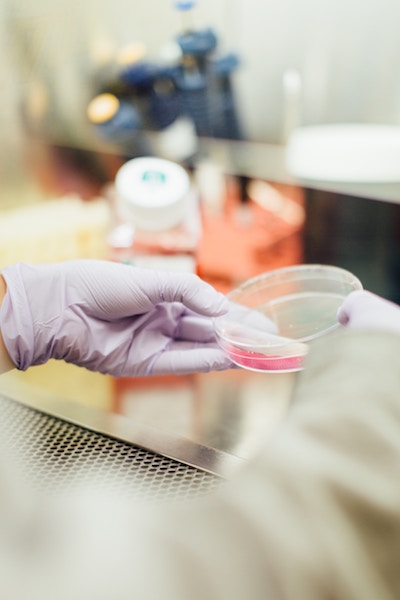
New method developed for Listeria detection offers 100 per cent specificity
By Food in Canada staff
Research & Development Food Safety Meat &Poultry Dairy Fruit & Vegetables detection listeria
A new method for the detection of Listeria monocytogenes that provides 100 per cent specificity and sensibility has been developed by researchers from several institutes in Portugal.
The researchers have developed a novel Peptide Nucleic Acid Fluorescence in situ Hybridization (PNA-FISH) method for the specific detection of L. monocytogenes.
The method was based on an already existing PNA probe, LmPNA1253, coupled with a novel blocker probe in a 1:2 ratio. The method is able to detect L. monocytogenes in concentrations of 0.5 CFU/25 g or mL of food sample.
The method was optimized for the detection of L. monocytogenes in food samples through an evaluation of several rich and selective enrichment broths. The best outcome was achieved using One Broth Listeria in a two-step enrichment of 24 h plus 18 h.
Ground beef, ground pork, milk, lettuce and cooked shrimp were artificially contaminated with two ranges of inoculum to validate the detection method in food samples.
The PNA-FISH method performed well in all types of food matrices, presenting an overall accuracy of ≈99% and a detection limit of 0.5 CFU/25 g or mL of food sample.
Read the full abstract here.
Print this page